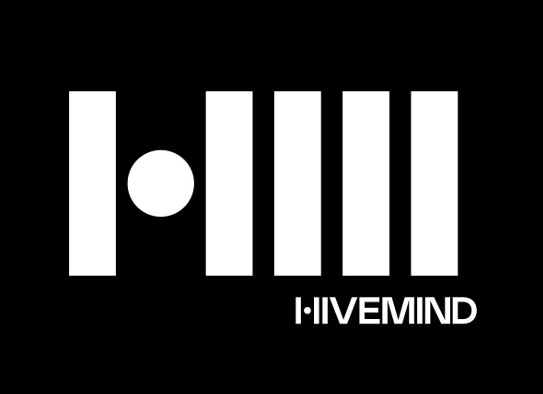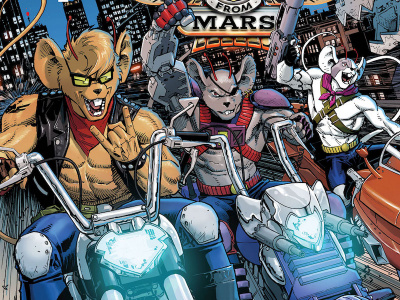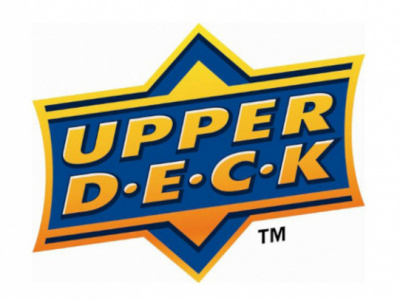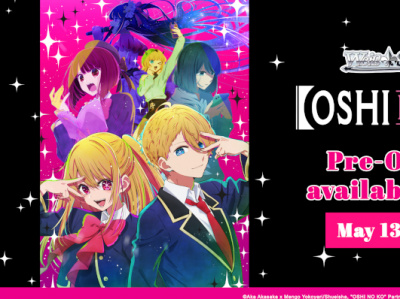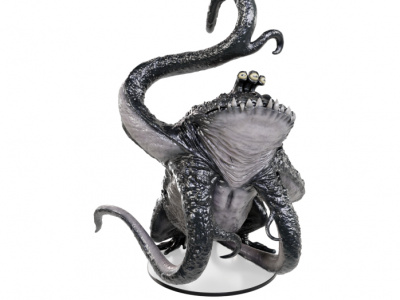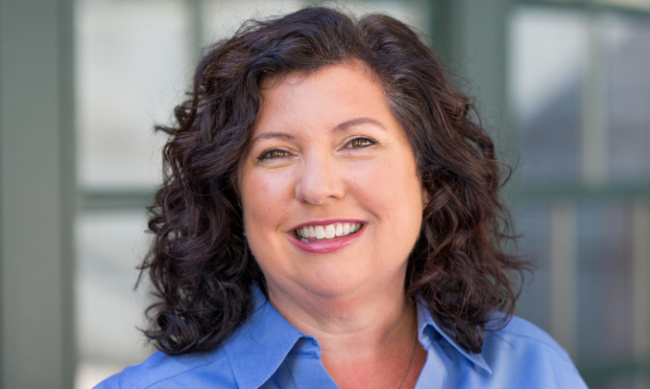ICv2 sat down with Hivemind Co-Founder and Partner Dinesh Shamdasani and Vice President Brand and Content Strategy Hunter Gorinson at New York Comic Con to talk about the new company, their involvement with the Bloodshot movie, their work on developing other comics properties into film and TV, and plans for publishing.
ICv2: Hivemind is a new company to a lot of our readers. Tell us about where that came from and how you got there.
Hunter Gorinson: Hivemind was founded in early 2018. There's four partners in the company, Dinesh, who obviously I worked with previously at Valiant. Sean Daniel, who was the former president of production at Universal Pictures, was the youngest ever in that position at the time.
From the late 70s onward, and early 80s, oversaw a really seminal run of films, including everything from E.T. and Animal House to Blues Brothers, Back to the Future, Dances with Wolves, etc. He became an independent producer in the 90s, also very successful. Worked with Richard Linklater multiple times on films like Dazed and Confused. Eventually did the Mummy franchise, which was a big hit and ran for many films.
The second partner is Sean's long‑time protégé/producing partner, a guy named Jason Brown. Jason was instrumental in the development of The Expanse, as well as The Witcher, which is coming out on Netflix later this year.
The fourth partner, in addition to Sean, Jason, and Dinesh, is a woman named Kathy Lingg who, much like Sean, is a very storied film producer. She is equally tenured on the television side. Probably best known for founding and running J.J. Abrams’ TV division at Bad Robot. Has worked on everything from Fringe to the first season of Westworld to Stephen King's 11/22/63, a bunch of very, very impressive television credits.
Dinesh Shamdasani: Kathy's my favorite.
[laughter]
You’re involved with the Bloodshot movie, which was surprising because you'd separated from Valiant, and it's a Valiant‑based movie. How did that come about?
Shamdasani: Hunter and I obviously have a legacy with the Bloodshot film. Hunter, [Editor-in-Chief] Warren [Simons], and I were the ones that were pushing the film and TV balls forward at Valiant. We developed Bloodshot for years, put the pieces together with Sony, Dave Wilson the director, and Eric Heisserer the writer who eventually came and wrote some comics for us, Secret Weapons, etc.
We had this knowledge of what had happened in the process. Once the changeover happened at Valiant, Sony contacted us and said, "Hey, what does your deal look like? We'd love for you to stay on and be involved in the movie." Everybody (Eric, Dave, etc.) was very adamant that we do that, so we took the mantle up and produced the film.
The movie's done and coming out early next year?
Shamdasani: February 21st.
Valiant properties, while they have pretty broad awareness in the comics business, in the broader pop culture landscape they’re not well‑known. How can a superhero movie about a relatively unknown set of characters be a success?
Shamdasani: That's something that we talked a lot about.
Gorinson: I would say, upfront, it's the exact same dilemma that we had when we were re‑launching Valiant. We were keenly aware that those characters had been out of the marketplace for almost two decades at that point, hadn't been published in any real substantial way.
There's a whole generation of comic book readers who had never encountered them at all. If they had, it had been maybe in a quarter bin. They'd never seen on living on the rack. We knew that we couldn't rely on name awareness or trademark alone. We had to build what we thought were best‑in‑class comics regardless of what they were called, regardless if people knew what Valiant Comics were, or their legacy.
We knew that 90 percent of the people who saw this character when we published it are probably going to be seeing it for the first time. Trying to build the best comic without making it a nostalgia trip or without making it something that relied on awareness from the 90s. That's something that we're certainly factoring into the way the film is built as well.
Shamdasani: That's right. I think that's one of the key things. There's three things, I would say. Hunter's right; it's very similar to the approach that we took at Valiant. If you take a look at X‑O Manowar, which is the book that launched the company in 2012, piece one was the brand outside of the IP. In the case of X‑O Manowar, we put Cary Nord on that book, who was a brand unto himself.
There were many other publishers that when we announced that, were like, "Oh, so smart. He brings the fan base; he's a great artist; moneyball. In terms of Bloodshot, the brand is Vin Diesel. He’s a massive movie star, with four franchises between Fast and Furious, Riddick, XXX, and Guardians. He has 100 million followers on Facebook, 50 million on Instagram. So he’s our brand.
The second, Hunter's exactly right. It's quality. We have to build something that looks unique, interesting, and of a very high quality to be able to compete because we don't have the brand awareness of Spider-Man or Batman. At Valiant, we tried to build the best book we could. We won a ton of book‑of‑the‑year awards.
Gorinson: By the end of our tenure at Valiant, the company had gotten something like 500 or 600 awards/critical citations/year‑end lists, etc., and was consistently rated the best in comics, year after year.
Shamdasani: We've tried (the world will tell us how we've done) to build a film that's a very high‑quality film, unique, interesting, and something you can't get anywhere else. We thought about that with X‑O, too. Here's a character that, if you like this kind of thing, you can't get anywhere else.
The third thing is a slightly different turn on what we did. Sony are going to put a tremendous amount of marketing behind this. They're being very aggressive. The campaign hasn't started yet, but once it starts, it is incredibly aggressive.
Gorinson: I would add, too, what's really important, even if it's not a household character or a household name, what made us want to work on the Valiant properties originally, what made us specifically also want to lead with Bloodshot, is it's a great, great concept. It was a great concept for a comic. It's going to be a great concept for a movie.
It's all about having that idea, plus some world‑class creators who can do it, which we have in Eric, Dave, and the team that worked on the movie. I think there's a way that we can send that into the culture at large that's going to make it a novel concept for a lot of people. Based on what I've seen so far, it looks terrific. I think they've done a great job.
Shamdasani: The trailer will be key. That first trailer's really going to be. This is why we've been so quiet, is because we don't have that kind of brand awareness. It also means we don't have the pressure to continually be talking about the fact that there's a movie coming.
We get to pick our spot. We have to pick it very carefully because once we start, we can't stop talking. We've got a trailer now. It's locked. The visual effects on the trailer are being finalized over the next week or so. I'm very, very happy with the trailer. I cannot wait.
When's it going to drop?
Shamdasani: In the next few weeks. Once that happens, people will make a choice very quickly, "Is this something cool, interesting, new, and high‑quality that I'm excited about? Or is this something that I'll maybe watch on a plane or streaming at some point?"
One other Bloodshot question. Is there going to be any relationship on the publishing side? Is there going to be any interaction between Valiant publishing and the movie?
Shamdasani: It doesn't seem like it, not really.
Gorinson: It's not up to us.
In addition to Bloodshot, you're working on a lot of other projects. Talk a little bit about your interaction with the comics business on the production side and what your approach is.
Gorinson: As everyone is aware, we are living in a golden age for comic book adaptations in larger media, including film and TV. Every major creator out there has their work optioned or is working in Hollywood in some capacity it seems right now.
What comes with that is it seems like, first of all, there's not a lot of producers in the industry who have any experience dealing with the comics business at all. It's, frankly, a mystery to a lot of them.
You'll see a lot of people who generally flip open a Previews catalog and try and point at the things that they think are new and shiny without any real depth of knowledge about what makes a particular comic special, what the profile of its specific creator may be, what kind of material might be best-suited for what they're looking for, if they're just looking for IP, more grist for the mill.
What makes Dinesh and I different is that we come from comics. I never thought I would be working in film and TV. I wanted to work in comics for the rest of my life and planned to in some capacity for many years. That gives us a depth of knowledge and experience about not just what's new and shiny in the comics market right now, but about the 80 years of history of other stuff that might be out there.
That's led us to take a look at some stuff that I think is really, really exciting, but is not on the tip of everyone's tongue. The first thing that springs to mind is the EC Comics library we're working with on a couple projects, which, to me, are some of the best comics ever produced.
Preach, brother.
Gorinson: Folks like me and you and the other people here at New York Comic Con know that's like the Criterion Collection of comics. For a certain generation of people, they only know Tales From the Crypt, the TV show. They don't know that there's a whole, huge library out there of incredible content with Wally Wood, Joe Orlando, Jack Davis, and Frank Frazetta, etc., on down the line.
The stuff's never been on‑tap before, so the chance for us to collaborate on that in any way is a huge honor and, I think, a huge, huge opportunity to do something special (see "’Weird Fantasy’ TV Series").
Shamdasani: I absolutely agree. I would also add we come from the comic world. A lot of these people are our friends. It was interesting and frustrating to watch, as these people have their creator‑owned work, not know how to access Hollywood, who are very much wanting to access them.
If we can play any small part in bridging that, whether it's be being involved as producers on the Hivemind side or by just providing introductions, advice, and information, that's fantastic. We're excited to be able to do that.
Gorinson: As we saw many times working directly with creators at Valiant, many of whom are very, very close friends, everyone has heard the horror story in some capacity of, "Hey, heard from a producer. I worked out a deal for my creator‑owned book a couple of years ago. I haven't heard anything in a couple of months."
That sometimes is the best case. The worst case is, "They took my thing. I didn't hear from them. I didn't get a chance to work on it, and what turned up on screen is radically different from what my original vision was on the page. Overall, it may actually wind up damaging the life cycle of what my original graphic novel or comic was."
Shamdasani: On a week‑to‑week basis, here are some of the interactions that we have with people in the comics world. We will work with people like Jeff Lemire and Andrea Sorrentino on Gideon Falls. We just brought James Wan on that (see "’Gideon Falls’ Adapted for TV"). There will be other books like that that we're working on.
We will work with creators of comics that have never worked in film and TV before but want to write a film screenplay. This one that we're working on right now with the creative we haven't announced yet is running a really cool horror film for us.
It's an opportunity he's not been able to break through and have yet, but we know him. We know his talent, and we're like, "Yes, we can help you do this, and we can help make you 'salable and exciting' in the film world." Then there are creatives who have projects that are very important to them, and they're struggling with the partners that they have, with the strategy that's being put in place.
I know Hunter, for instance, just last week, was on the phone with someone, working through their contract and saying, "Look, here is what this means. Here is why this is good, and here's why this is bad, and here's what you could do." Certainly, I get calls all the time from people saying, "My agent wants to do this," or, "My producer wants to do that. How do you feel about this?"
I say, "Well, this is what the talent feels about a move like that or a partner like that." Just give them advice and information.
Gorinson: Yeah. I would add, too, to give you a sense of what our New York Comic Con time is like, we started on Thursday. We announced that James Wan is going to be producing, has come onto Gideon Falls alongside us, which is exciting.
On Sunday, we're going to take a couple hours after the show and sit down with the creator who we've been working with on cracking the treatment for one of their creator‑owned comics. We're going to spend three or four hours in a room just working on that. That's a degree of collaboration and access about this stuff that is really atypical for film/TV adaption of comic stuff.
What about the publishing side? Do you have any itch to get involved in publishing again?
Shamdasani: A foregone conclusion for us. Comics is our love. We've quietly been cooking something really cool up. Many people would say it's probably a bad idea, though.
Hunter and I love comics more than anything in the world. Hunter's explaining where our Thursday starts, where our Sunday ends. All I'm thinking about is all the comic books I'm buying in between and have already bought, and sitting up here, looking at them all and eyeing a couple things that I know I want. I'm going to see how expensive they are.
There was no break for us. The day Valiant ended was the day that whatever this bad idea that we have is started. We've been cooking up some books; we have a plan; there's books that are done; there's books in production; there's friends we're working with.
Whatever we do, the only thing that I know for sure we'll do is make sure it's super, super, super high quality. It's got to be higher quality than we've approached before. We've just got to take the time.
Gorinson: We've known each other for a little bit of time. I think you would know that there's probably nothing that Dinesh and I are as passionate about as the medium of comics. I think it has always been a foregone conclusion that whatever we did with Hivemind, in film, TV, or any place else, we would get back into comics in some capacity. Watch this space.
Are you going to do it on your own or package for somebody else?
Shamdasani: We'll do it on our own.
Do you have a timetable?
Gorinson: Expect news soon.
Shamdasani: Q1 next year or slightly earlier than Q1 next year is where we'd like…
Gorinson: Expect news soon.
[laughs]
Shamdasani: OK, expect news soon.
Anything else you want our readers to know about what's going on in Hivemind?
Gorinson: Bloodshot comes out in February, same weekend as ComicsPro, which we're excited about.
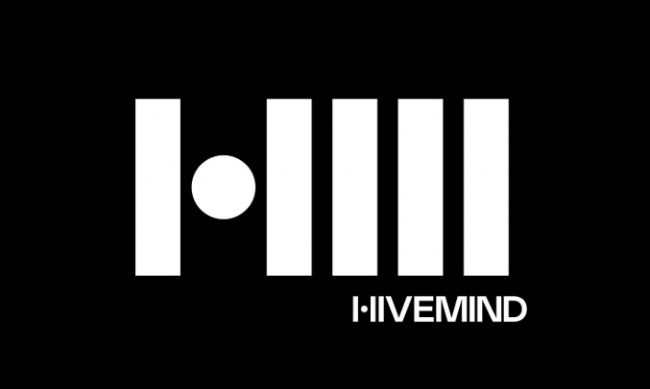
The 'Bloodshot' Movie, On Comics to Movies and TV, Comics Publishing
Posted by Milton Griepp on October 14, 2019 @ 8:16 am CT
MORE COMICS
Three-Issue Miniseries to Launch in July 2024
April 19, 2024
The three-issue miniseries will launch in July 2024.
40th Expansion for 'Legendary'
April 19, 2024
This will be the 40th expansion in the Legendary line.
MORE NEWS
In 2024
April 19, 2024
Bushiroad will release new [Oshi No Ko] and JoJo’s Bizarre Adventure sets for its Weiss Schwarz TCG in 2024.
New Premium Boxed Miniature
April 19, 2024
WizKids has unveiled D&D Icons of the Realms: Freghemoth Elder Boxed Miniature, a new premium boxed figure.



